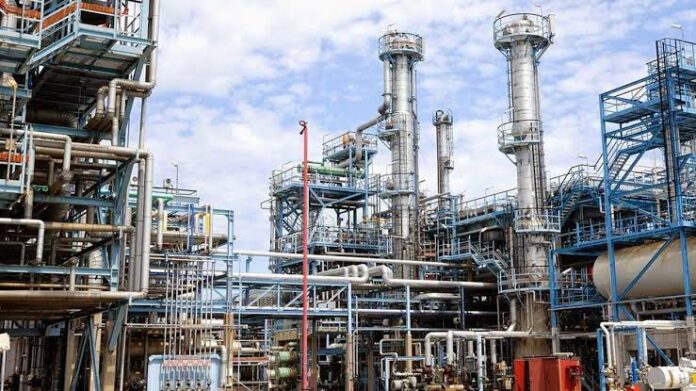It was a surprise recently when the Nigerian National Petroleum Company Limited, NNPCL, announced the resumption of crude oil refining at the Port Harcourt Refining Company, PHRC, after years of dormancy. It has finally fulfilled its promise to start off the refinery despite initial hiccups.
Many Nigerians were skeptical about the operability of the once vibrant refinery because there were several promises of resumption of operations which did not work.
It is a dream come true after many postponements. There is optimism that Nigeria is not just bouncing back in a big way as a crude refining nation, but also on the threshold of assuming its rightful place as the hub of energy in the sub-Saharan African region. Port Harcourt’s economic life will be strongly re-energised, and so will the Eastern flank of the economy, all the way to the North.
Appreciation goes to President Bola Tinubu for ensuring that finally, refining capacity has returned to the complex and it is expected that the tempo would be sustained to revive the nation’s other refineries that are still lying prostrate.
Besides, it is expected that oil theft in the sector is contained drastically so as to enhance Nigeria’s crude oil production capacity and also increase resumption of oil refining under Tinubu’s watch. Nigeria should not be left behind after attaining an enviable position on the continent as a leading oil producing country.
It is necessary to uphold the fact that our dark days as a net importer of petroleum products are gradually getting behind us. With the steaming of Dangote Refinery towards its full installed capacity, the resuscitation of the Port Harcourt Refinery, maturation of some modular refiners and even the installation of some blending plants in Lekki Free Zone, in Lagos, the fears of monopoly are also allayed.
Following this achievement, the question is: What next? How do we ensure that we would not go back to the dark days a few months down the line? Interestingly, the President has already given the marching order for the restoration of the second Port Harcourt Refinery, Warri Refinery and Kaduna Refinery.
However, there is a controversy which must not be allowed to snowball into unmanageable situation as the Presidency has mooted the idea of privatising the refineries. This disclosure, which was published on the “X” handle of Sunday Dare, a Presidential Media Aide and former Minister of the Federal Republic of Nigeria, has got many industry stakeholders wondering if officials were unaware that under the Petroleum Industry Act, PIA, the NNPCL which runs the government-owned refineries, is already a private company?
While these concerns are understandable there is need do everything necessary to ensure that the pitfalls dogging our refining culture are completely removed. The NNPCL should not see itself as anything less than other businesses in the sector already led by Dangote Refinery, for efficient operations.
We also call on the oil industry workers unions, particularly NUPENG and PENGASSAN which were accused of being the problems of the oil sector in the past, to shape up and help promote efficiency in the industry.





